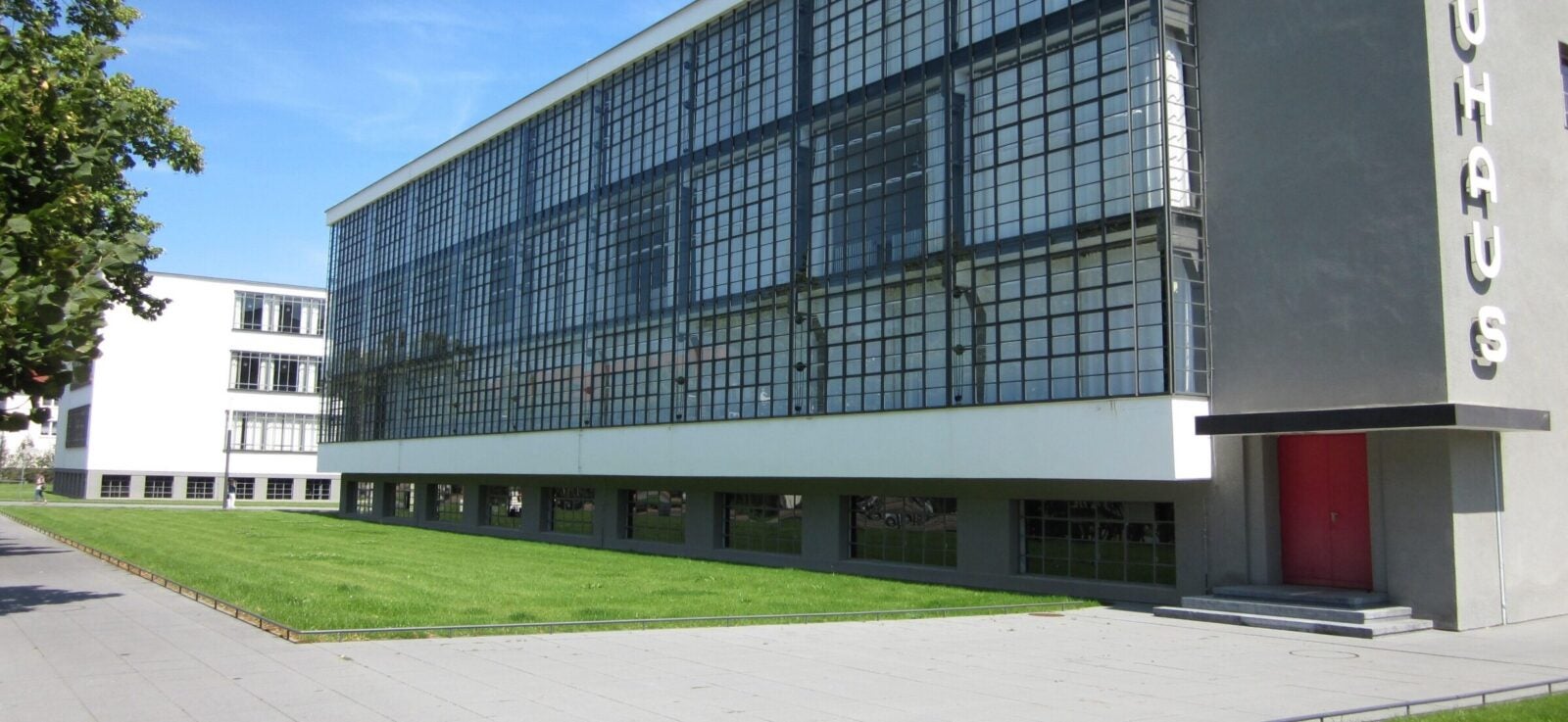Architecture and Energy Transitions: The Case of the Bauhaus Dessau Building
Focusing on the iconic Bauhaus Dessau building, a very prominent building in the history of architecture in Germany, this project intends to study how have energy transitions—including material, technological, and policy changes—impacted architectural ideas and projects. In particular, how does the framework of energy transitions change the narrative of architectural history? And what were the conditions of coal availability and energy policies that allowed the Bauhaus Dessau to be constructed with so little concern for energy efficiency? How can energy policy to be seen as instrumental to the historical development of modern architecture?
Grant Result
How do architectural ideas develop in response to energy systems? And how can new energy conditions propel architectural innovation? Berlin’s Bauhaus Dessau provides a compelling case study.
Read the Paper
Daniel Barber
Associate Professor of ArchitectureDaniel Barber is an associate professor of architecture at the Stuart Weitzman School of Design.

